Even in the year in which thousands of tourist reservations from abroad have been cancelled due to the danger of spreading the coronavirus, Bulgaria still remains an attractive destination for young people who come here to gain knowledge in various disciplines in Bulgarian universities. According to data on mobility in higher education in EU countries /Eurostat/, students from 115 countries have studied in Bulgarian universities in 2018. Going back to date from the academic year 2013/2014, we will see that for a period of 5 years there has been a growth of 33%. And while in the past Bulgarian universities were chosen mainly by young people from neighbouring Greece and Turkey and ethnic Bulgarians from the Bulgarian communities abroad, now foreign students here are more diverse. According to a report from the universities, students come to Bulgaria even from exotic destinations such as the Seychelles, Mexico, Cuba, Angola, Kenya, Eritrea and Tajikistan. It was names these young people from distant parts of the world who stayed in Bulgaria throughout 2020 due to the emergency measures that limited travel and imposed tighter border controls.

"I had the biggest difficulties with the language in the beginning," says Sergio Oliveira from Angola. He is studying engineering at the Higher Naval School in Varna and has been in Bulgaria for three years, the first year for studying Bulgarian.
"I was approved by a program in my country to study abroad and that's how I came. I'm studying mechanics, something I really like. Bulgaria is a very nice country, I can learn a lot of new things here. The climate is very different from my homeland, it is very cold here. I spent the time of social isolation in Bulgaria. Although I had the opportunity, it would be difficult to return to Angola and continue my distance learning there. We studied remotely for three months, and the exams were held remotely, I took them all. It was good, but I don't know how it will be this year. The teaching is in Bulgarian, but there are often things I don't understand. Most teachers are very good, they are interested in whether we understand them and if not, they try to explain to us in English, they help us. I will work on ships when I graduate, but most likely in Angola, because there is a need for ship engineers there. The only thing I miss here is my family, so we keep in touch through social networks”.
Kristina Ivanova from Ukraine has a different motivation for her studies in Sofia. She is a descendant of Bessarabian Bulgarians, she came here at the insistence of her mother, but she quickly became convinced that she had made the right decision.
"People in Bulgaria are very good and responsive. Although I have been here for a long time, I am still surprised that people want to help me as a foreigner. When I return to Ukraine, I do not encounter such an attitude. After my first year here, I had decided to stay. I do not intend to go anywhere, as some young Bulgarians do. Bulgaria gives me everything I need to fulfill my potential. At the moment I am changing my field, here I have a wide platform and access to specialists, while in Ukraine it is difficult. There, the system is still closed and education is yet to undergo serious change."
22-year-old Kristina Miteva, a descendant of the Taurian Bulgarians who settled in Ukraine two centuries ago, also had a reason to come to Bulgaria.
"I decided to study here because there is a state program for us, the representatives of the Bulgarian diaspora, which enables us to study at universities in Bulgaria. I feel very good, the country is very nice, it is calm, even in the capital. I graduated in English philology in Plovdiv and now I will study for a master's degree in corporate security in Sofia. The level of teaching here is quite good. I study here because of the level of English, in Bulgaria more people speak the language, while in Ukraine there are very few. I study and work at the same time, it seems to be mandatory nowadays, but I don't think it interferes with my studies. We, students of Bulgarian origin, are a little more special, because after a certain stay here, we receive Bulgarian documents and we can start working with them without any problems. I perfected my Bulgarian language after coming here. Otherwise, there are many weekend schools in Ukraine that prepare future students on a voluntary basis. The level of teaching Bulgarian has improved a lot in recent years in Ukraine."
English Rossitsa Petcova
President Rumen Radev will today attend the opening ceremony of Forest Week in front of St Alexander Nevsky Cathedral. The theme of this year's celebrations is "A century of eternal creation, preservation and care!" This year marks the 100th..
For 100 years, foresters in Bulgaria have been organizing Forest Week. A concert entitled “A century of eternity” on 7 April will give the official start to the initiative dedicated to the planet’s lungs. And though it has been a century since..
The eagerly-awaited Tulip Parade at the University Botanical Garden in Balchik is at its peak. This year’s parade includes more than 45,000 bulbs, and 27 varieties that are new to the Garden, among them Tulipa "Carnaval de Nice, which combines..
Shortly after the opening of the motorcycle season in Sofia at the end of March, Bulgaria's capital city will host the country's largest motorcycle..
Since its establishment on April 11, 2022, the Institute for Computer Science, Artificial Intelligence and Technology – INSAIT has..
Romanian police and military personnel worked as mercenaries in Congo According to a report by the Romanian Ministry of the Interior, 11..

+359 2 9336 661
